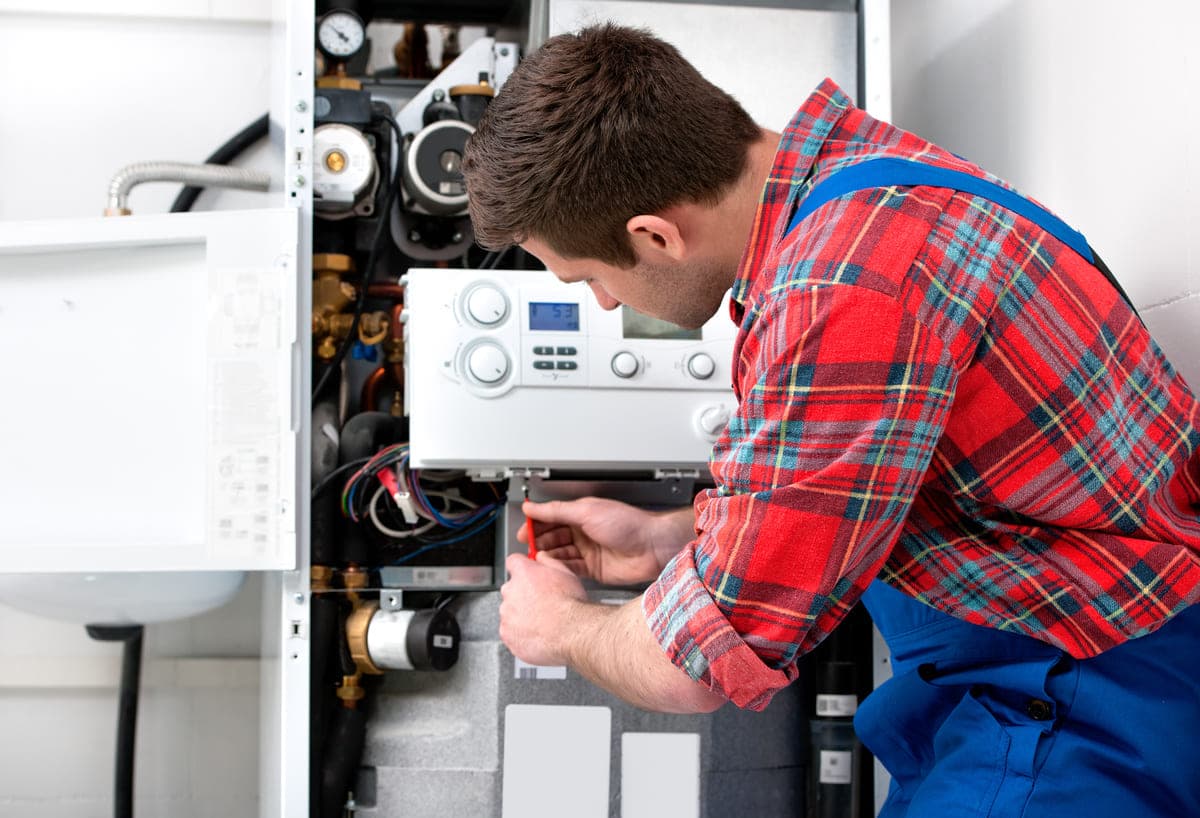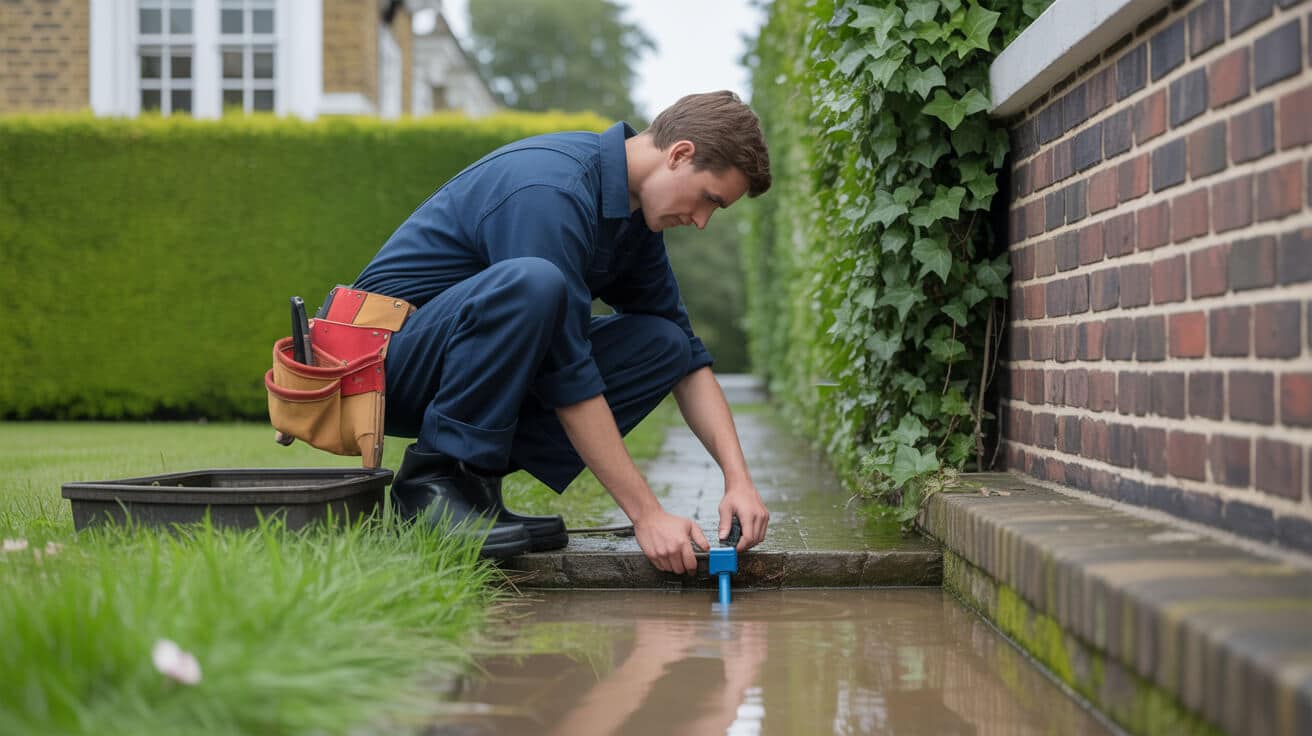 The end of gas central boilers?
The end of gas central boilers?

A new report in May 2019 declared the UK is set to become carbon neutral by 2050, slashing the country’s emissions by 80 per cent.
The energy use in our homes contributes to around a fifth of greenhouse gas emissions, and naturally, our boilers play a significant part in this.
As a result, energy regulator OFGEM revealed its plans to remove gas central heating from all homes by 2050 to meet the government’s target of net-zero carbon emissions.
So, what does this mean for those of us with gas central boilers in our homes? There are currently four options being shared with homeowners…
Hot water and air
This system is already used in some parts of London. Hot water and air are pumped through your pipes at the same time, so you can turn the heating on without worrying about the negative impact of carbon emissions.
There are currently only a few providers for this type of water air system, so now, quotes are high, and options limited.
However, if providers move towards this as a permanent replacement option, the market should start to regulate itself.
Air source heat pumps are a fixture that absorbs heat from the outside air and can be used to heat radiators and hot water in your home, and this is looking to be a popular replacement for the traditional system.
Electric boilers
Electricity could be the new sought-after way to heat UK homes. It’s considered safer and more environmentally friendly, as there are no negative emissions or risks of carbon monoxide leaks.
Again, this option is currently more costly than gas and not suitable for larger homes as water is heated on demand, so the amount which can be used, at one time, is limited.
Decarbonised gas
These are gas boilers powered by hydrogen. However, the CCC says, in the future, households need to live in far more environmentally friendly homes alongside these new boilers to make much difference at all.
Will this cost more money?
Now, the answer is yes. All three options are currently more expensive than gas central boilers, but rates could improve over time if providers begin to compete with one another.
For now, those interested will need to consider whether the benefits of switching now will outweigh the overall costs.
If deciding to make the switch, consumers must read the small print and T&Cs to new contracts carefully before signing any agreements.
Check your new supplier won’t be hiking up prices any time soon and your new meters are compatible with other tariffs on the market.
It was recently reported, a Scottish village purchased eco-friendly boilers, but the residents saw their bills rise to around £5,000 a year when their supplier decided to dramatically increase its rates.
What can we do now?
While we wait for the coming changes, there is lots we can do to make our homes greener.
Switching to a renewable energy tariff is a step towards becoming more eco-conscious. Using a price comparison site will help you find a rate that is both environmentally friendly and cost-effective.
Turning your boiler’s thermostat down by one degree could cut 3.3 million tons of carbon emissions every year and reduce household bills by £75 a year.



